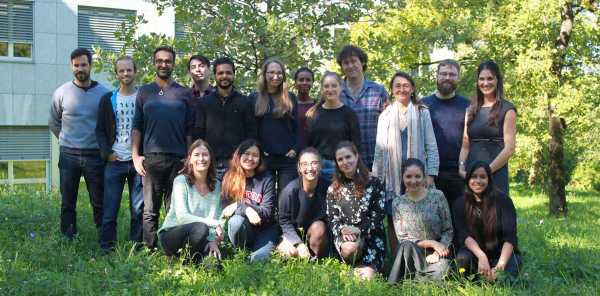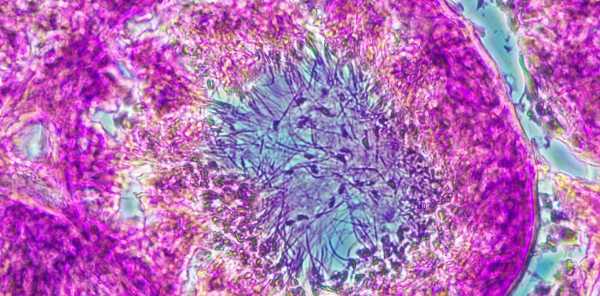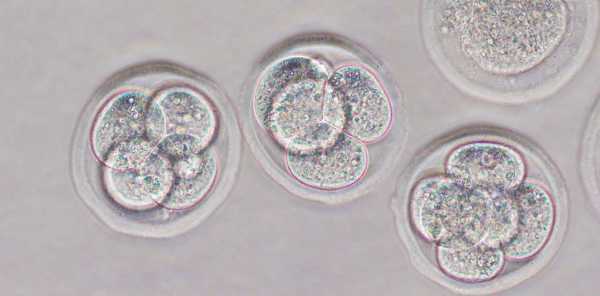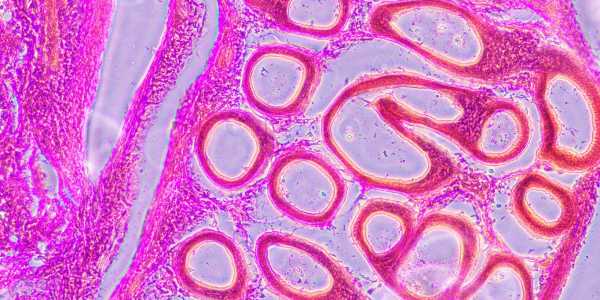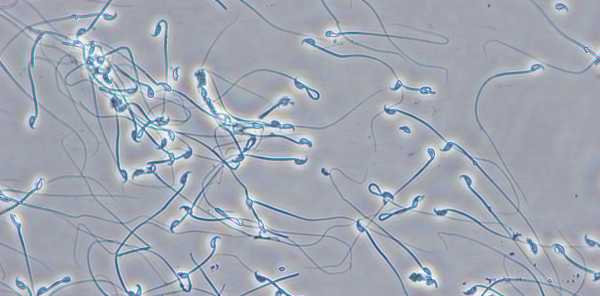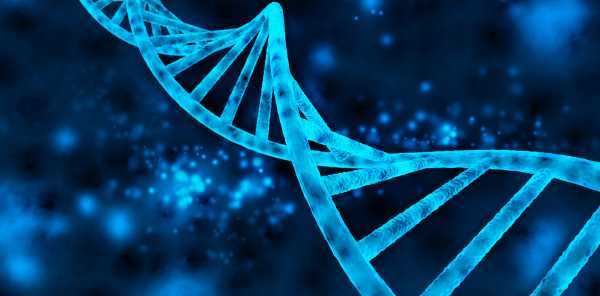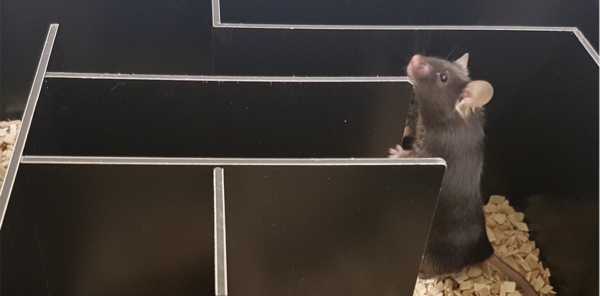Neuroepigenetics - Prof. Mansuy
The Mansuy lab studies the epigenetic basis of complex brain functions and how acquired behaviors are transmitted across generations in mammals. It studies the mechanisms by which behavioral and physiological traits can be modified by life experiences, in particular childhood trauma, and are passed to descendants via the germline.
Current research focuses on the identification of the ensemble of epigenetic factors in the brain and germ cells associated with the inheritance of trauma-induced traits across generations, on the demonstration of their causal involvement in symptoms and their transmission, and in the study of their modes of induction and maintenance in mice. Research in humans is also conducted in collaboration with clinicians to assess if epigenetic factors identified in the mouse model are altered in patients with childhood or adult trauma. The long-term objectives are to reach sufficient understanding of the mechanisms of transgenerational epigenetic inheritance to help the design and development of potential diagnostic and therapeutic tools for trauma patients in the clinics. Evolutionary and societal aspects of the concept of epigenetic inheritance are also addressed.
This research is pluridisciplinary and uses a combination of environmentally- and genetically-manipulated mouse models, epigenetic and genetic methods, behavioral testing, transcriptomics/proteomics/metabolomics, bioinformatics, imaging and electrophysiological techniques.
Visit our group external page website here
